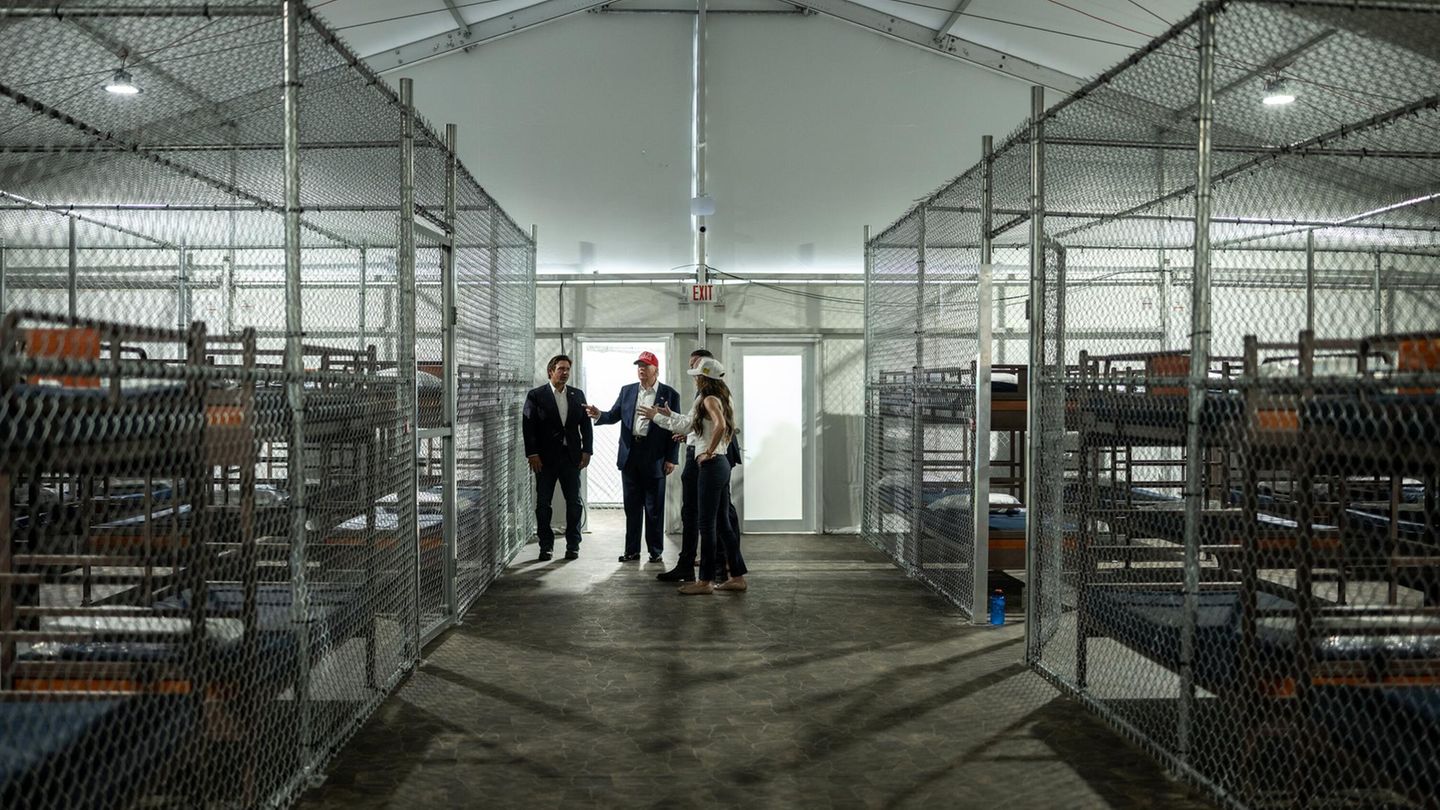cabinet
Scholz government passes laws with an unclear future
Copy the current link
The red-green federal government does not have a majority in the Bundestag. It is therefore questionable whether the laws now passed by the cabinet will ever come into force.
Women should be better protected from domestic violence and public contracts should only be awarded to companies that are bound by collective bargaining agreements. These are some of the goals of the numerous draft laws that the cabinet of Chancellor Olaf Scholz (SPD) launched on Wednesday. Whether the plans will ever be implemented in this form remains completely open. The laws would still have to be passed by the Bundestag, where the SPD and the Greens no longer have a majority after the traffic light coalition ended.
Government spokesman Steffen Hebestreit nevertheless rejected doubts about the usefulness of the cabinet decisions: “The federal government is in office, the Bundestag is in session.” Therefore, it is the government’s right to introduce such bills.
The most important projects at a glance:
Violence Assistance Act: Family Minister Lisa Paus (Greens) wants to introduce a legal right to protection and advice for victims of domestic violence. The federal states should be obliged to ensure sufficient places in women’s shelters and to provide sufficient counseling services. In return, the federal government would contribute to the financing. However, implementation seems unlikely because the remaining traffic lights in the Bundestag probably cannot count on votes from the Union and FDP.
Collective Bargaining Act: Federal contracts should only be awarded to companies in which collective bargaining standards apply. “I want even more employees to benefit from collective agreements,” explained Labor Minister Hubertus Heil (SPD). “Collective agreements ensure decent wages and good working conditions.” However, a majority in the Bundestag is considered extremely questionable. The FDP was already critical of the project in the failed traffic light. The CDU economic politician Julia Klöckner also rejected the plans. Procurement law: The awarding of public contracts – for example for infrastructure projects – should become easier and faster. It should be possible to award contracts directly instead of through complicated tenders up to a value of 15,000 euros. So far the limit is 1,000 euros.
NSU Complex Foundation: A documentation center in Berlin is intended to keep the memory of the crimes of the right-wing extremist terrorist cell NSU alive. The draft law passed by the cabinet provides for a foundation that is intended to initiate the establishment of such an institution. The “National Socialist Underground” (NSU), which existed from 1998 to 2011, murdered ten people – primarily for racist motives.Future Financing Act II: The Ministry of Finance wants to strengthen the competitiveness of Germany as a financial location and improve financing options for young start-up companies. Specifically, it is about better tax conditions for investments in venture capital. German start-ups often move abroad because access to capital is easier there.
dpa
Source: Stern
I have been working in the news industry for over 6 years, first as a reporter and now as an editor. I have covered politics extensively, and my work has appeared in major newspapers and online news outlets around the world. In addition to my writing, I also contribute regularly to 24 Hours World.




